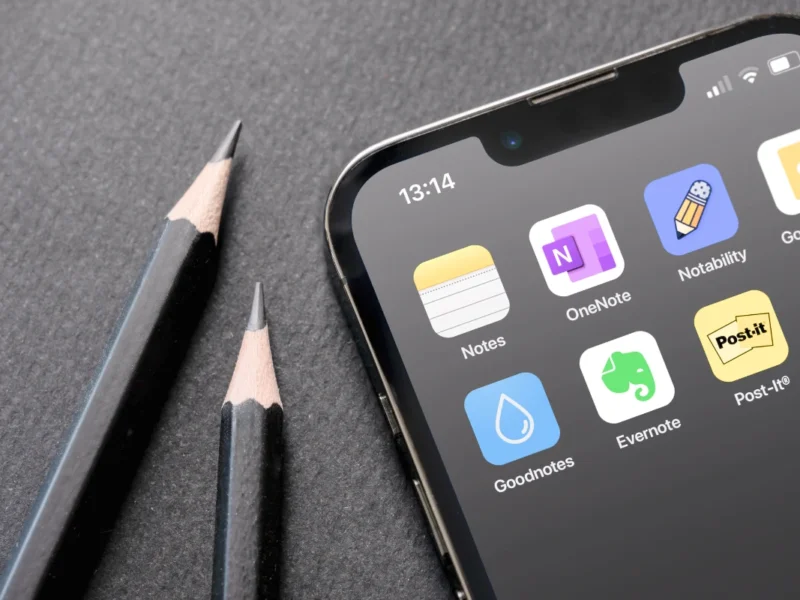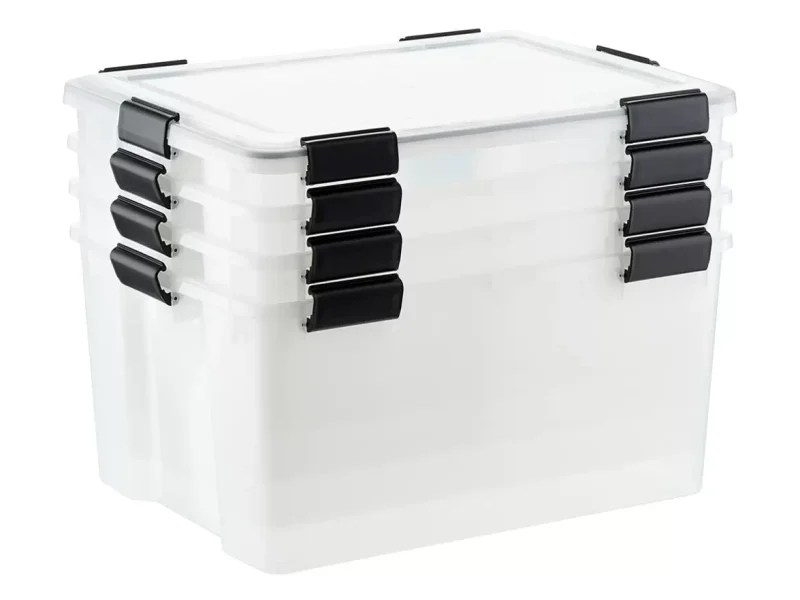Real Productivity Strategies That Actually Work (From Someone Who’s Tried Everything)
Look, I get it. You’re drowning in work. Your inbox never stops filling up. Your to-do list keeps growing. And somehow, you still need to make time for actual living. I’ve been there – heck, I’m still there most days.
This isn’t gonna be one of those articles promising you’ll magically get everything done if you just download the right app or follow some guru’s morning routine. That’s not real life. Instead, I’m sharing what actually works for regular people with regular jobs and regular limitations.
What Is Productivity, Really?
Let’s clear something up right away: Productivity isn’t about doing more stuff. It’s about doing the right stuff.
The most productive people I know don’t necessarily work the longest hours. They don’t frantically rush from task to task. Instead, they’re intentional about what they take on and what they ignore.
True productivity means:
- Getting important things done efficiently
- Saying no to stuff that doesn’t matter
- Having energy left for your actual life
It’s not about squeezing more and more into each day until you burn out. That’s a losing game.
The Productivity Basics That Actually Matter
After years of experimenting, I’ve found that about 80% of productivity gains come from just a few fundamental practices. Master these, and you’ll be ahead of most people:
1. Capture Everything Outside Your Head
Your brain is terrible at remembering things. Stop pretending it isn’t.
The single most important productivity habit is getting thoughts out of your head and into a trusted system. Doesn’t matter if it’s a notebook, a notes app, or sticky notes – just stop using your brain as storage.
Here’s what happens when you don’t capture:
- You waste mental energy trying to remember stuff
- You forget important tasks
- You feel constant low-grade anxiety about what you might be missing
I keep it simple: anything that crosses my mind that I might need later goes immediately into my capture system (I use Notion, but use whatever works for you).
2. Know Your Most Important Tasks
Most people start their day reactively – checking email, responding to messages, and generally letting others dictate their priorities.
Instead, identify your 1-3 most important tasks each day before opening any communication apps. These are the things that actually move your work and life forward in meaningful ways.
Ask yourself: “If I could only get 3 things done today, what would make the biggest difference?”
Then do those things first, before the day gets away from you.
3. Manage Your Energy, Not Just Your Time
I wasted years trying to optimize every minute of my day before realizing something crucial: not all hours are created equal.
I can get more done in 2 focused morning hours than in 4 scattered afternoon hours. You probably have similar patterns.
Instead of trying to be productive all day (impossible), structure your day around your energy levels:
- High energy: Deep, focused work requiring creativity or problem-solving
- Medium energy: Admin tasks, emails, routine work
- Low energy: Simple tasks, organization, planning
This works better than any fancy time management system I’ve tried.
4. Batch Similar Tasks Together
Your brain pays a heavy price for switching contexts. Each time you jump from writing to email to calls to coding, you lose momentum and focus.
Group similar tasks together:
- Have designated email/message checking times (not all day)
- Schedule meetings back-to-back when possible
- Set aside blocks for similar types of work
I check email just three times daily – morning, after lunch, and end of day. This alone saved me about 45 distracted minutes every day.
5. Use the Two-Minute Rule
This one comes from David Allen’s Getting Things Done system, and it’s gold: If a task takes less than two minutes, do it immediately instead of scheduling it for later.
The mental overhead of tracking, remembering, and rescheduling tiny tasks costs more than just doing them on the spot.
Quick email replies, simple decisions, quick file organization – just get them done and move on.
Simple Tools That Actually Help
While no app will magically make you productive, a few simple tools can support good habits:
A Reliable Capture Tool
You need somewhere to quickly jot things down that syncs across devices. Options I’ve personally tested and like:
- Notion (what I use daily)
- Apple Notes (simple but effective)
- Obsidian (powerful but steeper learning curve)
A Calendar You Actually Use
Time blocking is one of the most effective productivity techniques I’ve found. Block time for your important work before others can claim it.
I use Google Calendar, but anything works if you actually look at it and use it consistently.
A Task Manager That Fits Your Style
The best task manager is the one you’ll actually use. Period.
After trying dozens, I’ve found the sweet spot is something that:
- Makes it easy to add tasks
- Lets you see just today’s priorities
- Doesn’t require complex organization
Some options that pass this test:
- Todoist (simple but powerful)
- TickTick (great balance of features)
- Apple Reminders (if you want super simple)
The Productivity Traps to Avoid
I’ve fallen into every productivity trap there is. Save yourself the time:
Trap #1: Tool Obsession
Switching productivity apps every month won’t make you more productive. It’ll just waste your time.
Pick something reasonable and stick with it long enough to develop habits. The system matters more than the tool.
Trap #2: Overcomplicating Everything
The most effective productivity systems are often the simplest. If your system requires 30 minutes of maintenance daily, it’s probably too complex.
I started with an elaborate tag-based task system that I abandoned within weeks. My current system fits on a single page.
Trap #3: Ignoring the Human Element
You’re not a machine. You need breaks, rest, and time to think.
The most productive people I know build recovery time into their schedules. They take real breaks and vacations. They get enough sleep.
Trap #4: Confusing Busy with Productive
Being busy feels productive, but often isn’t.
Measure your day by meaningful outcomes, not by how frantically you worked. Sometimes the most productive thing you can do is to stop, think, and plan.
Starting Simple: A Beginner’s Productivity System
If you’re just starting to get serious about productivity, here’s a simple system I recommend:
- Morning planning (5 minutes): Identify your 1-3 most important tasks for the day
- Capture throughout the day: Keep a single place for notes and ideas
- Time blocking: Schedule focused work time for your important tasks
- Regular weekly review (30 minutes): Look back at what worked, what didn’t, and plan the week ahead
This basic framework has helped me get more done with less stress than any complex system I’ve tried.
Productivity Is Personal
The most important thing I’ve learned is that productivity is deeply personal. What works for me might not work for you. The key is to experiment, keep what works, and discard what doesn’t.
Start with these basics, then adapt them to your specific situation. Your perfect system is the one that helps you get the right things done while still having energy for the rest of your life.
Remember: The goal isn’t to get everything done. It’s to get the right things done.
Now go make something happen.


